Stroke and Hypertension
Understanding hypertension and stroke.
Understanding hypertension and stroke.
Stroke happens either when the blood supply to part of your brain is cut off because of a blood clot, or because a brain artery ruptures and leads to a haemorrhage.
Stroke is a leading cause of death and disability worldwide, but most strokes can be prevented by addressing a small number of key risk factors – including blood pressure.
High blood pressure affects about half of people in the world and often has no noticeable symptoms. Left untreated, it damages blood vessels and can lead to a number of serious diseases including stroke. More than half of all strokes are associated with hypertension or high blood pressure. A simple blood pressure check can determine whether you have high blood pressure and a health professional can advise on whether your condition can be managed with lifestyle changes and/or the right medication.
The only way to check for high blood pressure is to have it checked. When you have a blood pressure check, your health professional will record two numbers known as systolic and diastolic pressure. Systolic pressure, the higher number, is a measure of the force with which blood is being pumped around your body. Diastolic pressure is the level of resistance to the blood flow in your body.
|
Category |
Systolic mm Hg (upper number |
and/or |
Diastolic mm Hg |
|---|---|---|---|
| Normal | Less than 120 | and | Less than 80 |
| Elevated | 120-129 | and | Less than 80 |
| High Blood Pressure (Hypertension) Stage 1 |
130-139 | or | 80-89 |
| High Blood Pressure (Hypertension) Stage 2 |
140 or above | or | 90 or higher |
| Hypertensive crisis (consult your doctor immediately) | Higher than 180 | and/or | Higher than 120 |
Consistently high or elevated blood pressure makes your circulatory system – your heart, arteries and blood vessels – work harder at their job of moving blood around your body. This extra work causes damage that can make your blood vessels, including those in your brain, harder and narrower over time. This process, known as atherosclerosis, increases the risk of blockages in the blood vessels in your brain. If the blood supply to an area of the brain is cut off or restricted it can lead to permanent brain damage, or death. Atherosclerosis can also increase the pressure the blood flows through blood vessels in the brain causing them to burst and bleed. This is called a haemorrhagic stroke which can also cause permanent damage to the brain or death.
High (elevated) blood pressure is linked to:
Exercise – Regular exercise can help you to prevent and manage your blood pressure. 30 minutes of brisk exercise fve times a week is recommended to reduce your risk of stroke and other diseases.
Being overweight or obese – Carrying too much weight, particularly around your middle, puts extra strain on your heart and other organs and increases your risk of high blood pressure and diabetes both of which increase your risk of stroke.
Diet – processed foods contain higher levels of salt, fat and sugar which all contribute to high or elevated blood pressure as well as increasing your risk of obesity. Eating a healthy diet high in fruit and vegetables, wholegrains, healthy fats and low in salt can help you to prevent and manage hypertension.
Cholesterol – More than half the people with elevated/ high blood pressure also have high cholesterol. Eating a diet low in saturated fats and regular exercise can help to prevent atherosclerosis. If cholesterol cannot be managed by dietary change, taking medications to lower your cholesterol, will help reduce your stroke risk.
Alcohol – Regular and heavy use of alcohol is linked to high blood pressure but also heart rhythm disorders that increase your risk of stroke. Avoiding alcohol or sticking to recommended consumption of no more than 2 units of alcohol a day will reduce your risks.
Smoking – Tobacco smoking temporarily increases your blood pressure and contributes to damaged arteries, high blood pressure and stroke as well as a range of other diseases.
Stress – Stress temporarily increases your blood pressure, if high levels of stress are experienced on a regular basis this can damage your arteries over time increasing your risk of stroke and other diseases. Stress can also contribute to behaviours such as poor diet, physical inactivity and excessive alcohol consumption which will increase your health risks.
 Corporate Supporters
Corporate Supporters
 Corporate Supporters
Corporate Supporters
 Platinum Plus
Platinum Plus
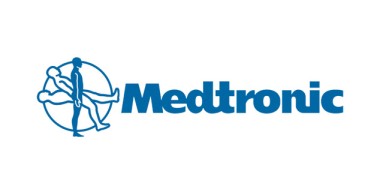 Platinum Plus
Platinum Plus
 Silver
Silver
 Silver
Silver
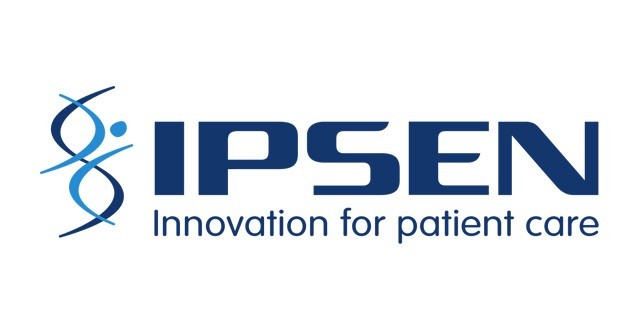 Silver
Silver
 Silver
Silver
 Silver
Silver
 Bronze
Bronze
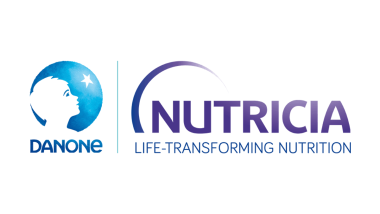 Bronze
Bronze
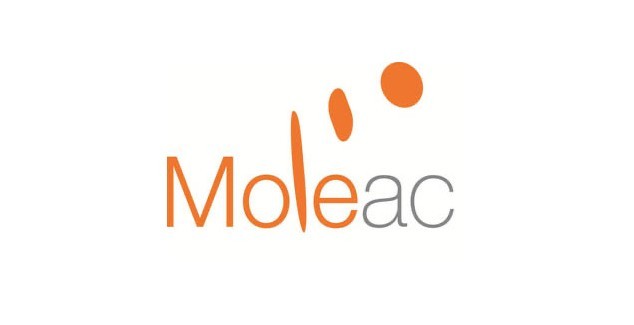 Bronze
Bronze
 Bronze
Bronze
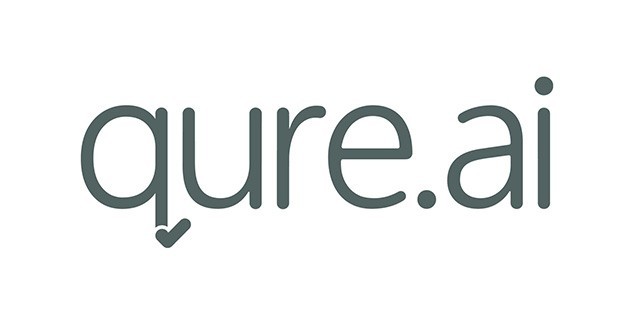 Bronze
Bronze
 Bronze
Bronze